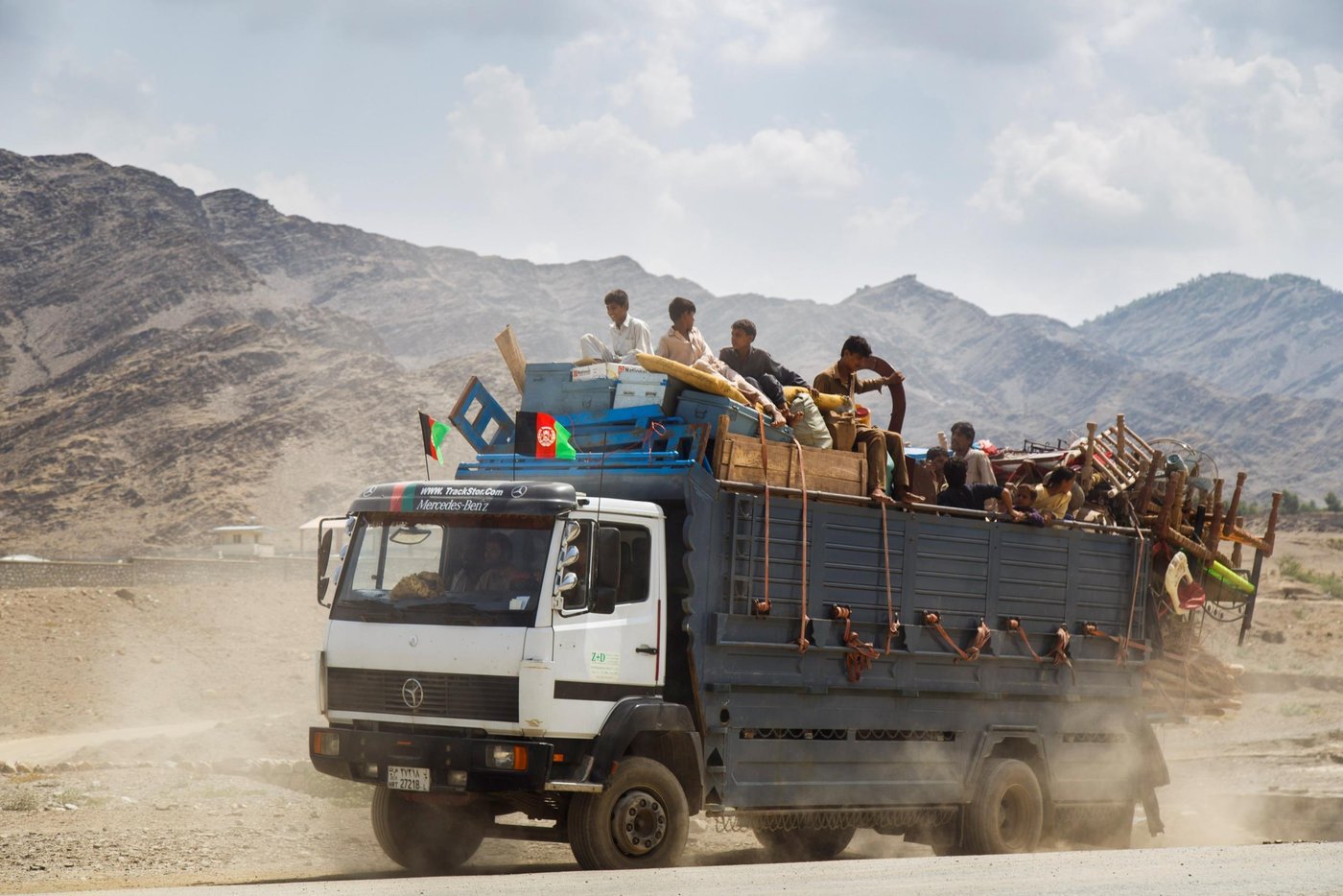As European Governments and international decision makers gather for the Brussels Conference on Afghanistan on the 5 October, the Norwegian Refugee Council (NRC) is calling for a more thorough understanding of the response needs of displaced Afghans, including the rising numbers of conflict displaced, those trapped in protracted displacement and under increasing pressure to return from Iran and Pakistan, and the scores seeking refuge in Europe.
"15 years after the US-led invasion of Afghanistan, the conflict is worsening, the number of people displaced is increasing, and funding for humanitarian assistance is drying up," says Dan Tyler, Regional Protection and Advocacy Advisor at NRC.
He asserts that the European Union is in denial about the causes and effects of displacement in Afghanistan. Read more: Messages from Afghan civilians to Brussels.
"We spent hundreds of billions of dollars on military operations in Afghanistan. Now, we cannot run away from our responsibilities towards families displaced by this unsuccessful war. Seeing Afghan girls deprived of an education because there now is no money, should make politicians ashamed of their priorities," says Secretary General of the Norwegian Refugee Council, Jan Egeland.
15 years after the US-led invasion of Afghanistan, the conflict is worsening, the number of people displaced is increasing, and funding for humanitarian assistance is drying up.Dan Tyler, Regional Protection and Advocacy Advisor at NRC
From bad to worse
In 2016, the total number of civilian casualties has reached its highest level since the UN started counting in 2009.
Afghanistan still has the world’s second largest global refugee population, with over three quarters of Afghans estimated to have experienced displacement. The number of internally displaced has increased rapidly in recent years and rose 40 per cent from 2014 to 2015. The number has now surpassed 1.2 million, and continues to rise at an alarming pace in 2016.
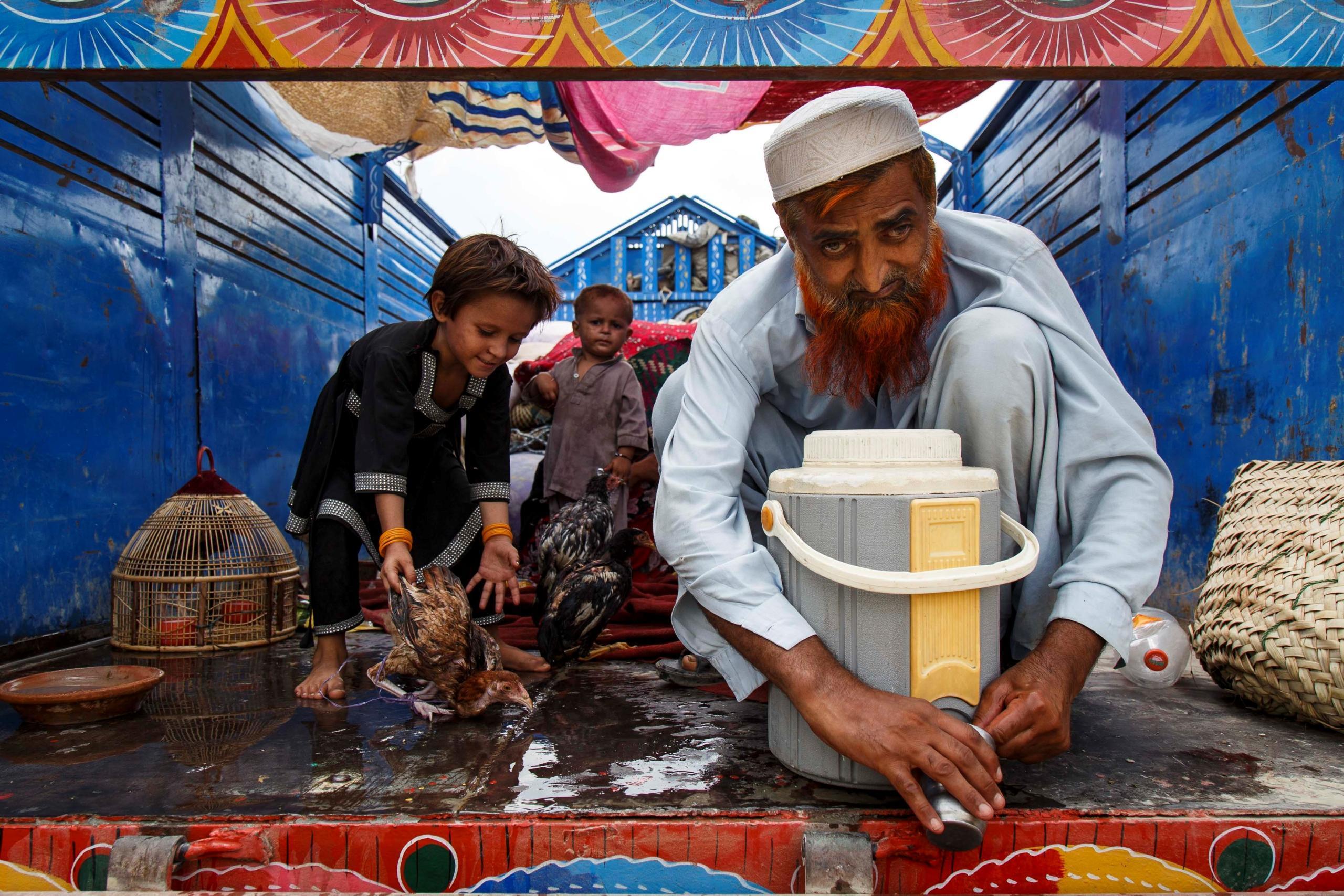
More than 2.7 million people in Afghanistan are malnourished, including one million children under the age of five. At the same time, humanitarian support to Afghanistan has declined from almost 700 million USD in 2009 to only 434 million USD last year.
According to NRC, nearly 3 million Afghan refugees remain in prolonged displacement in Pakistan and Iran, where second, and now third, generation Afghans born in exile are under increasing pressure to return, despite the lack of conducive return conditions in their home country.
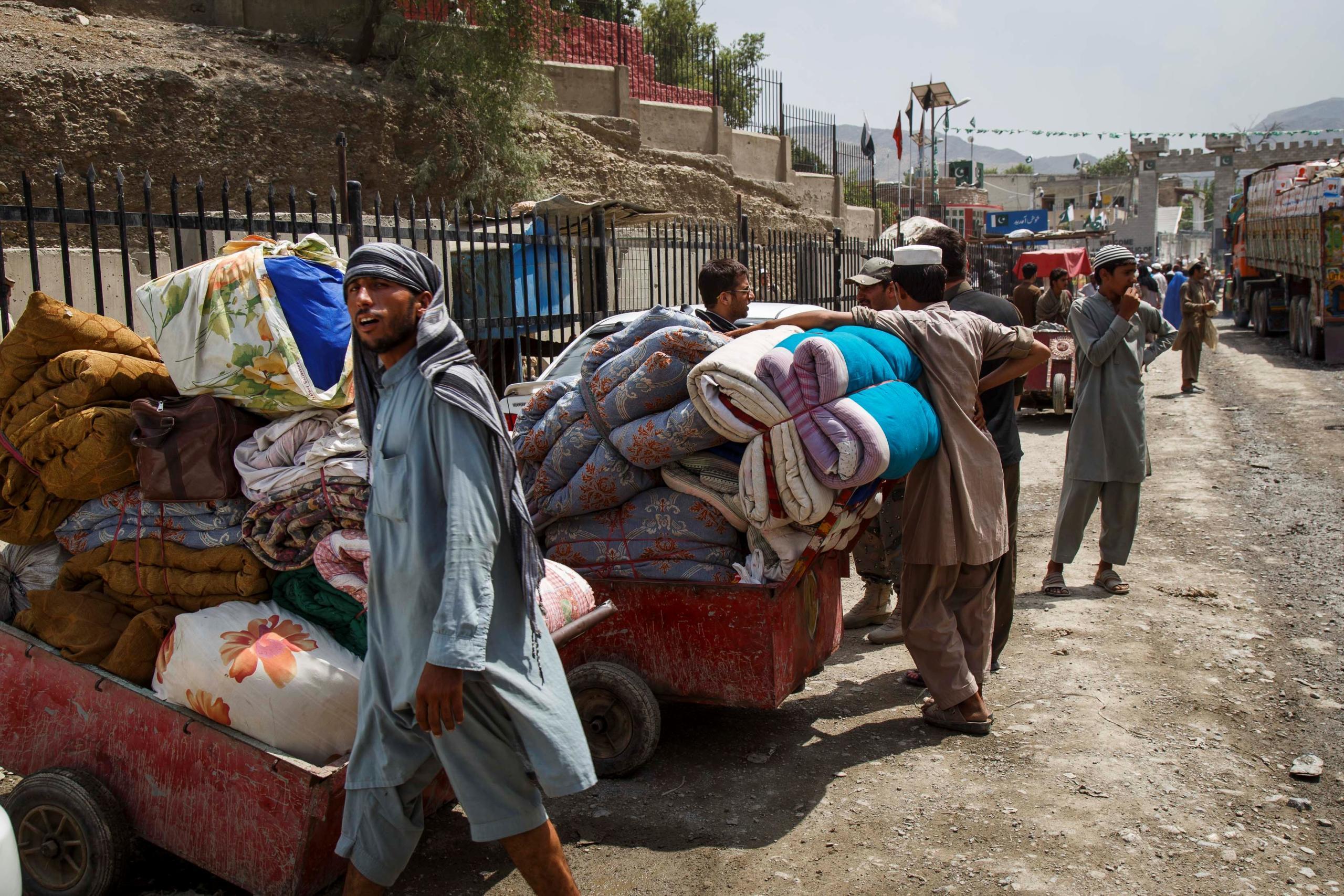
Sky high return from Pakistan
The number of people returning from Pakistan has sky-rocketed since August this year.
225,000 people have returned from Pakistan and Iran so far in 2016, out of which 136,000 lack refugee registration documents, meaning they are unable to benefit from voluntary return assistance. The number of these undocumented returnees, many of whom are extremely vulnerable, is expected to reach 400,000 before the end of the year.
"These people are falling between the cracks. There´s an urgent need for assistance, or the consequences may be fatal", warns Kate O'Rourke, Country Director of NRC in Afghanistan.
These people are falling between the cracks. There's an urgent need for assistance, or the consequences may be fatal.Kate O'Rourke, Country Director of NRC in Afghanistan
The International Organization for Migration (IOM) warned in August that they are only able to support a small proportion of the people arriving with some very basic assistance, and current stocks for even these numbers will be exhausted in a couple of months.
"The International community must come together to respond to this suffering. Humanitarian agencies urgently need to assess and respond to the needs of returnees in eastern Afghanistan and donors must provide the necessary funding", says O'Rourke.
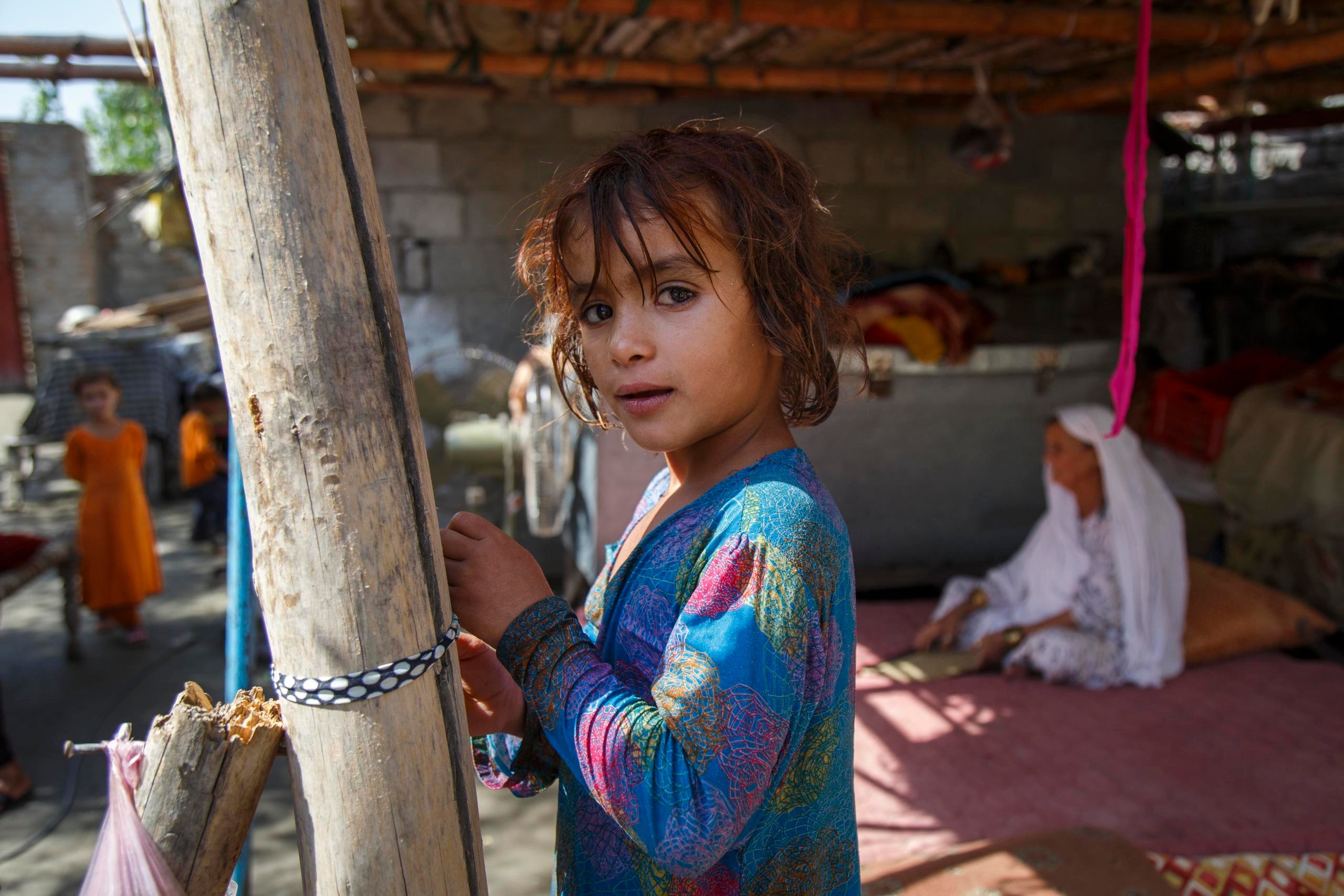
Fleeing to Europe
Amid increasing destabilization and a sharp economic downturn, hundreds of thousands of Afghans have fled to Europe and, after surviving the dangerous journey, find themselves confronting discriminatory European asylum policies.
According to Tyler, European countries are often less accommodating to Afghans, who are perceived to be fleeing conditions less dire than those in Syria and Iraq. In February 2016, five countries barred Afghans from entering. Some countries, including Germany, have actively tried to arrange repatriations of recently arrived Afghan refugees. In May 2016, Finland declared Afghanistan a safe country for Afghans to return - the same month in which the UN reported that the 1,600 civilians killed in conflict in the first half of the year was the highest number recorded since 2009.
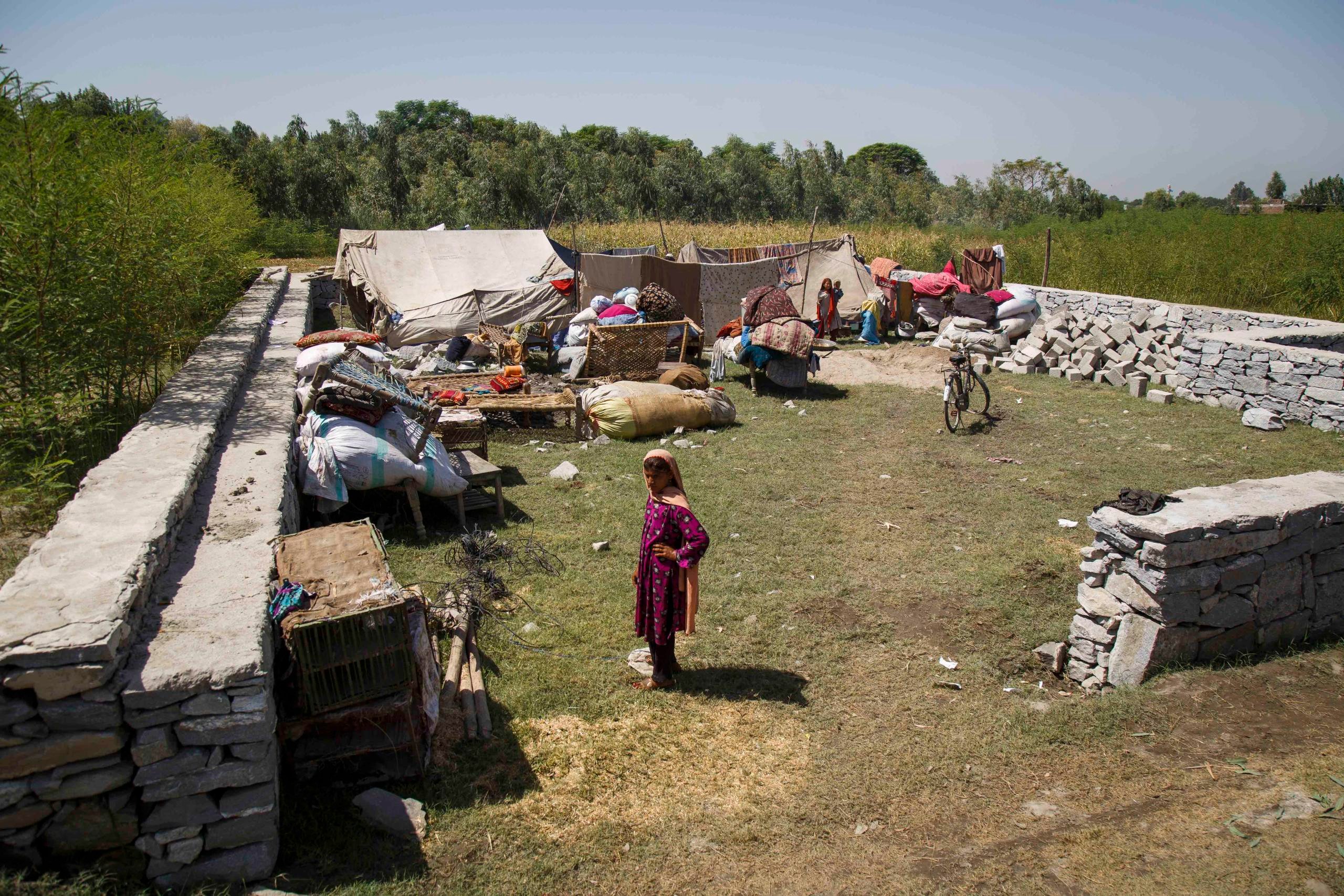
Afghans, the second largest group of migrants to Europe last year at nearly 200,000, are currently living in limbo – unable to access the EU’s Relocation Scheme that relocates asylum seekers in Greece and Italy to other countries, nor able to the make the journey independently owing to the tightening of border controls. With the prospect of return to Afghanistan entirely unrealistic for large numbers of Afghan families, the only option is to remain stranded in Greece in overcrowded and unsafe refugee camps with minimal access to basic services while they face a long and uncertain wait to have their asylum claims assessed by the overwhelmed Greek Asylum Service.
Read also: Five reasons why the EU Turkey deal still is not a good idea
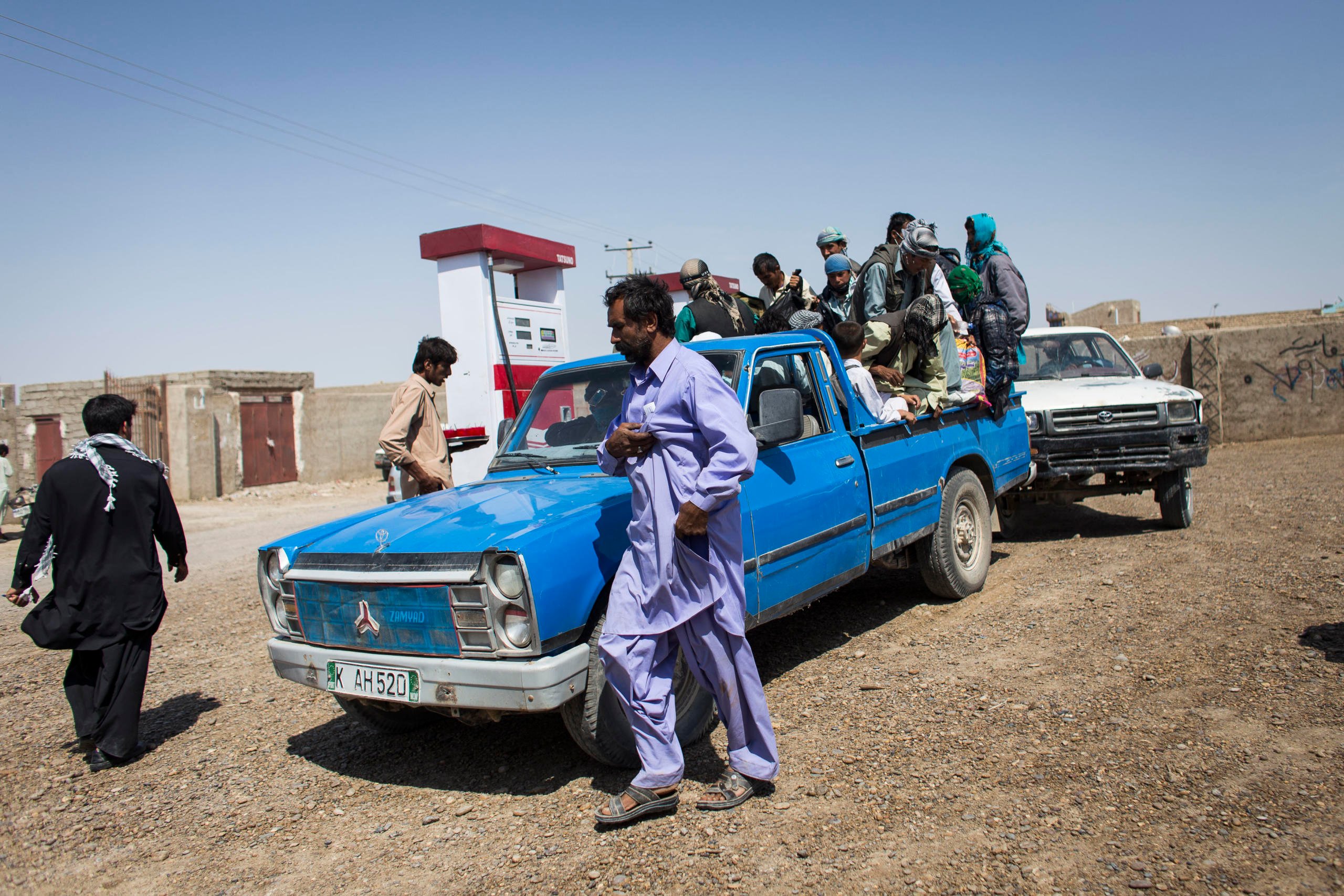
"A number of European countries are trying to dissuade Afghans from making the journey through sponsoring information and billboard campaigns in Afghan cities and through attempting to negotiate treaties with Afghanistan to make returns easier. But still, Afghans in thousands decide to leave their country," says Tyler.
Many and complex challenges
Return conditions in Afghanistan remain far from conducive. Afghanistan continues to battle a number of complex challenges, including growing insecurity, especially in urban centres, and the impact of a significantly weakened economy following the withdrawal of international forces since 2014. The UN reports that an average of more than 900 people have had to flee their homes every day this year in Afghanistan and that 2.1 million Afghans received humanitarian aid in the first six months of 2016 alone.
While return numbers had reached historic lows over the past few years, there has been a sharp reversal of this trend in recent weeks owing to the alarming rise in the number of undocumented Afghans returning from Pakistan. Afghanistan remains wholly unable to handle such large numbers of returnees and the conditions upon return for many undocumented Afghan refugees are life-threatening, with large numbers of families without adequate shelter, safe water and food stocks.
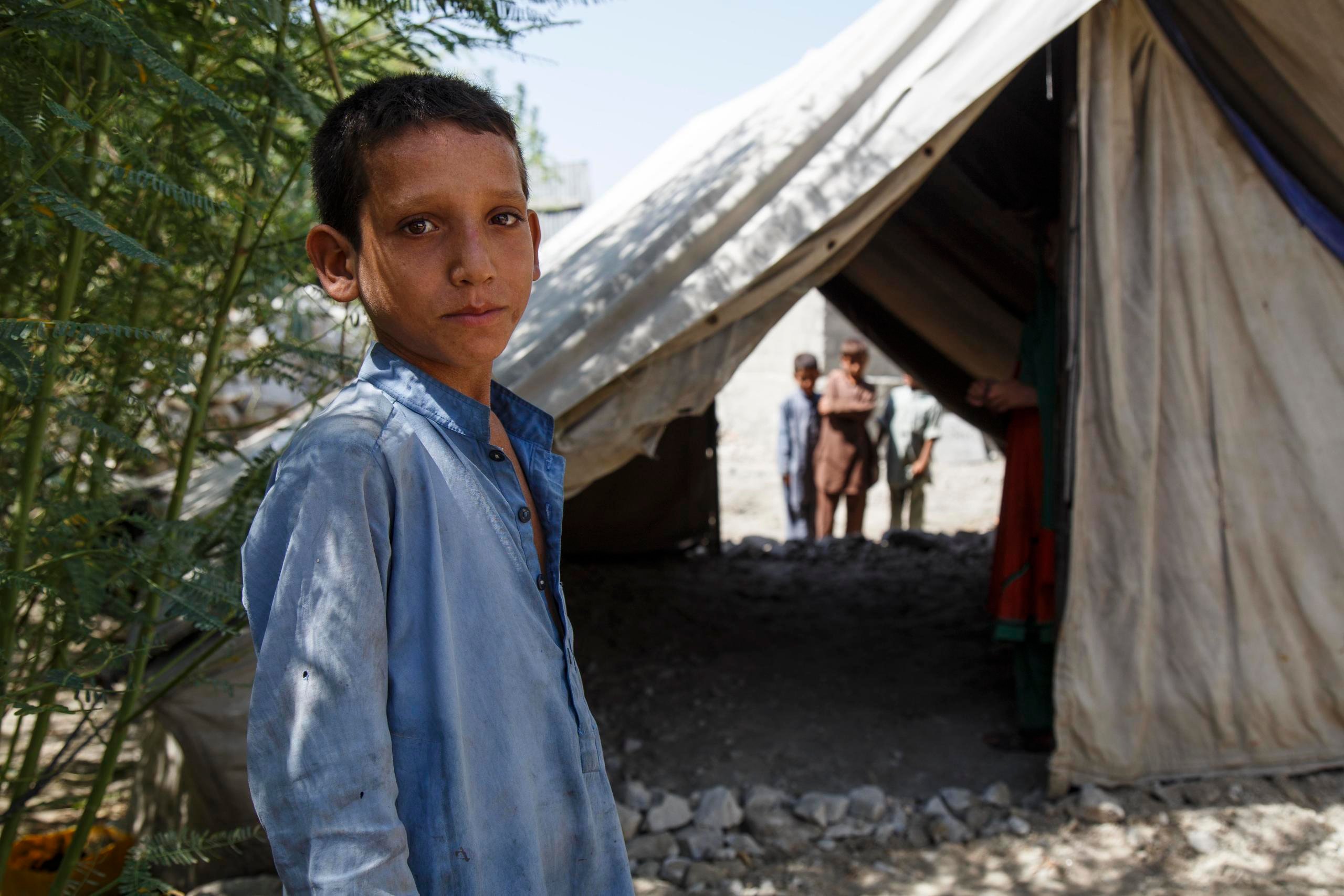
Without a well-coordinated and well-resourced response, this new wave of return could overwhelm the humanitarian response capacity in Afghanistan. These new returnees, many of whom lack land and are unable to return to their place of origin because of insecurity, also risk adding to the growing numbers of internally displaced.
Tyler says that there is no reason to believe that Afghan refugees, whether those who left recently or long ago, are keen to return to a nation experiencing record civilian casualties and where the Taliban controls more territory than at any time since US troops entered in 2001. Yet many Afghan refugees in Pakistan are increasingly left with few options but to return to Afghanistan.
That Afghans are on the move in such large numbers is an uncomfortable and uneasy reminder of the major challenges that remain in Afghanistan, according to Tyler.
The road from Brussels
"While European and international decision makers gather in Brussels 5 October to pledge against the Afghan Government's ambitious new development targets, it is critical that chronic and acute humanitarian needs are addressed directly and are prioritised in donor aid policies," Tyler says.
In the face of such stark humanitarian challenges remaining in Afghanistan, Europe cannot any longer assume that Afghans are any less deserving of protection than other nationalities. EU asylum policies must reflect this reality.Dan Tylor, Regional Protection and Advocacy Advisor at NRC
Plugging the funding shortfalls for education in emergencies is a key need NRC will seek to profile. Similarly, the challenges faced by Afghanistan’s substantial displacement-affected population must not be ignored. Additional funds will be required to mitigate a potential humanitarian crisis if the current pace of undocumented refugee returnees continues. Renewed efforts must be expended by the international community towards seeking to preserve protection space in host countries Iran and Pakistan – this requires burden sharing and sustained regional funding support to both countries.
According to Tyler, a closed door approach to Afghan refugees in Europe will not prevent further displacement and will only serve to increase the risk for Afghans seeking international protection.
"European policy-makers and decision-makers must confront these interrelated challenges and develop strategies to address them. Responding to urgent humanitarian needs in Afghanistan must be the priority and cannot be ignored. Only then can longer-term development plans offer any realistic prospect of taking hold and delivering tangible benefits for Afghans. Finally, in the face of such stark humanitarian challenges remaining in Afghanistan, Europe cannot any longer assume that Afghans are any less deserving of protection than other nationalities. EU asylum policies must reflect this reality." he ends.


